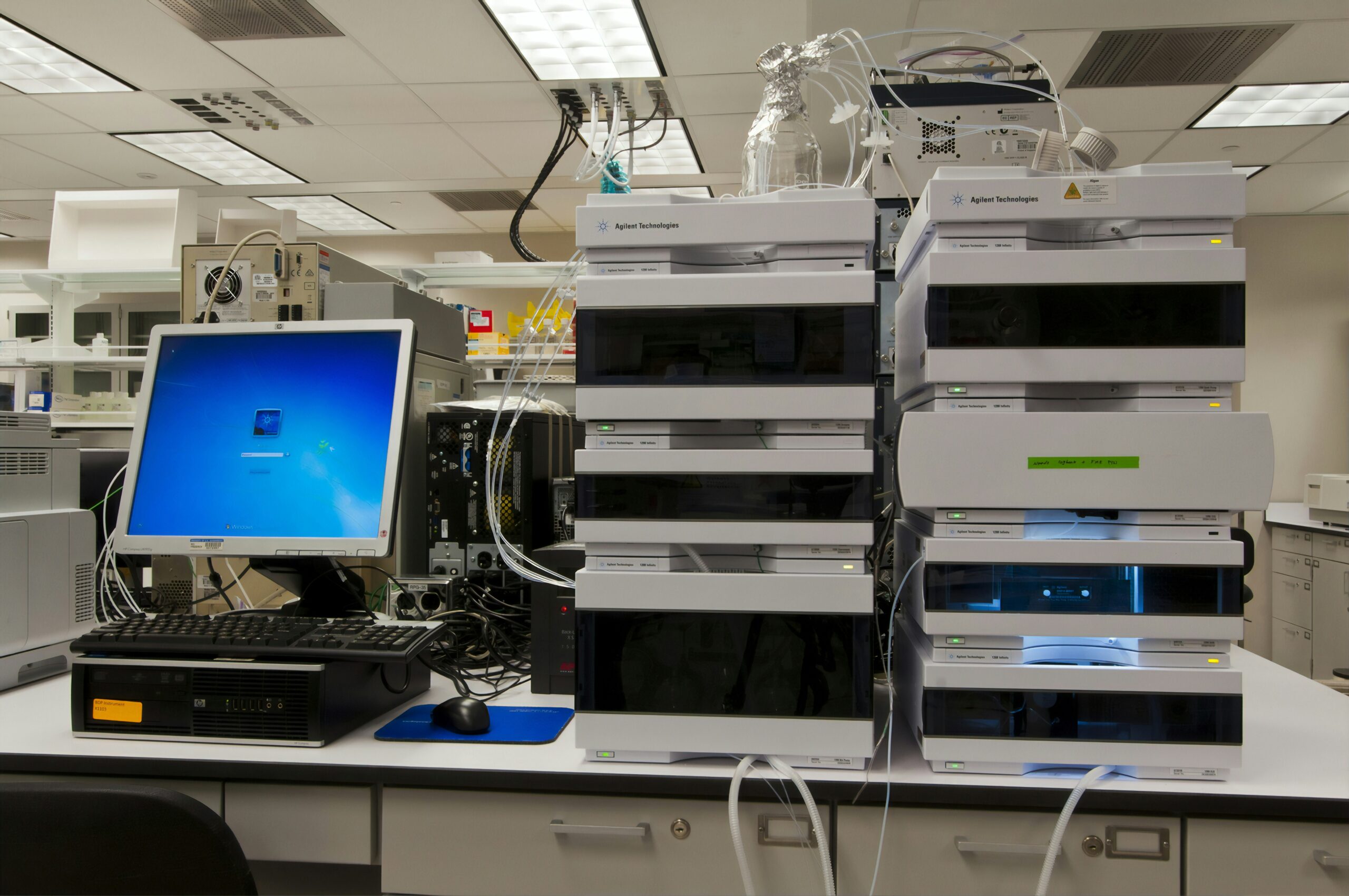
A recent study published in the journal General Psychiatry has uncovered a reciprocal relationship between gut bacteria and insomnia. The Mendelian randomization study suggests that certain gut bacteria can influence the risk of insomnia, while insomnia itself appears to alter the abundance of specific bacterial groups.
Researchers have long been intrigued by the gut microbiome’s impact on sleep, but the precise links between different bacterial groups and insomnia have remained elusive. Insomnia affects an estimated 10% to 20% of the population, making this research particularly significant.
Understanding the Study’s Methodology
To delve deeper into this relationship, the researchers employed Mendelian randomization analysis. This technique uses genetic variants as proxies to provide genetic evidence for specific outcomes. The study analyzed data from 386,533 individuals with insomnia from a genome-wide analysis, alongside gut microbiome data from 18,340 participants in the MiBioGen alliance and 8,208 from the Dutch Microbiome Project.
The analysis identified associations between specific gut microbes and insomnia. In total, 14 bacterial groups were positively associated with insomnia, increasing the odds by 1% to 4%, while 8 groups were negatively associated, reducing the odds by 1% to 3%.
Key Findings and Implications
One of the most notable findings was the significant association between the Odoribacter class of bacteria and insomnia risk. Additionally, insomnia was linked to a 43% to 79% reduction in the abundance of seven bacterial groups and a 65% to over fourfold increase in twelve others.
“Our study offers preliminary evidence supporting a causal effect between insomnia and gut microbiota, providing valuable insights for the future development of microbiome-inspired treatment plans for insomnia,” the researchers concluded.
Importantly, no pleiotropy was identified, which strengthens the integrity of the findings and implies causation rather than mere correlation.
Context and Broader Implications
The study aligns with previous research suggesting a complex interplay between insomnia and the gut microbiome. However, the researchers caution that certain limitations must be considered. All participants were of European descent, which may limit the applicability of the findings across different ethnicities and geographic regions. Additionally, factors like diet and lifestyle, which significantly impact the microbiome, were not accounted for in this study.
The intertwined effects of insomnia on gut microbiota, and vice versa, represent a complex bidirectional relationship involving immune regulation, inflammatory response, neurotransmitter release, and other molecular pathways.
Future Directions and Potential Treatments
Looking ahead, the study opens the door to potential microbiome-inspired treatments for insomnia. These could include probiotics, prebiotics, or even fecal microbiota transplantation. Such interventions could offer new hope for individuals struggling with insomnia, a condition that can severely impact quality of life.
As research continues, understanding the gut-brain axis and its influence on sleep disorders will be crucial. This study represents a significant step forward in unraveling the complex relationship between our gut microbiota and sleep health.
Meanwhile, further studies are needed to explore these findings in more diverse populations and to consider the role of environmental factors. As science progresses, the hope is that these insights will lead to more effective, personalized treatments for insomnia.





